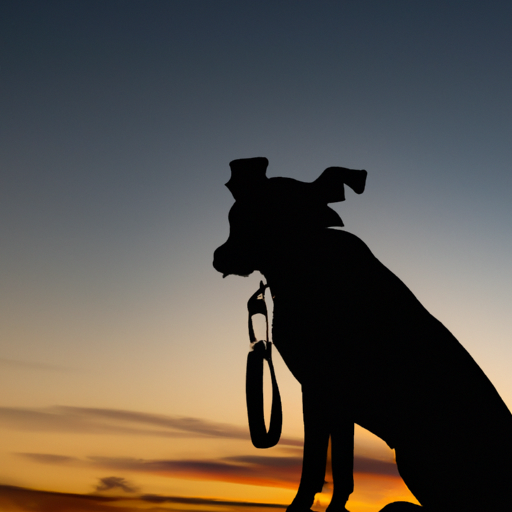Dogs are not just pets; they are family, and just like human beings, they feel pain and experience grief when they lose someone they are attached to. Understanding your dog’s grieving process can help you provide the necessary support and love during this challenging time.
Understanding Your Dog’s Grief
Dogs are known to form deep emotional bonds with their owners. When an owner passes away, a dog might exhibit signs of grief that are similar to those experienced by humans. These can range from changes in sleeping and eating patterns, lethargy, to even loss of interest in activities they used to enjoy.
Common signs of grief in dogs include:
- Changes in sleeping patterns
- Loss of appetite
- Lethargic behavior
- Lack of interest in favorite activities
- Increased clinginess or need for attention
The Length of the Grieving Process
The length of the grieving process in dogs varies greatly and is influenced by several factors. These include the depth of the bond the dog had with its owner, the dog’s individual temperament, and the presence (or absence) of other pets or people in the household.
| Factors Affecting Grieving Duration | Description |
|---|---|
| Depth of Bond | Dogs who were exceptionally close to their owners may grieve longer |
| Dog’s Temperament | Some dogs are naturally more resilient and may recover quicker |
| Presence of Other Pets/People | Dogs in households with other pets or people may find comfort and recover faster |
Helping Your Dog Cope with Loss
As a caregiver, it’s essential that you provide the necessary support to help your dog cope with their loss.
- Maintain Routine: Try to keep your dog’s routine as normal as possible. This includes their feeding, walking, and playtime schedules.
- Provide Comfort: Spend extra time cuddling and reassuring your dog. Physical contact can be a great source of comfort for them.
- Encourage Play and Exercise: Engage your dog in play and exercise to keep their mind off the loss and to help release any pent-up stress or anxiety.
- Consider Professional Help: If your dog’s grief seems severe or prolonged, consider seeking help from a veterinarian or a dog behaviorist.
Recognizing When Grief Turns into Depression
Sometimes, grief can escalate into depression, which is a more serious condition. Depression in dogs can lead to a decline in their overall health and significantly affect their quality of life.
Signs of depression in dogs can include:
- Prolonged loss of appetite
- Excessive sleepiness or insomnia
- Reluctance to engage in any activities
- Unexplained weight loss
If you notice any of these signs, it’s essential to seek professional help immediately.
FAQs
Q: How long does the grieving process last in dogs?
A: The grieving process can last anywhere from a few weeks to several months, depending on various factors like the depth of the bond the dog had with its owner and the dog’s individual temperament.
Q: Can grief turn into depression in dogs?
A: Yes, if a dog’s grief is prolonged and not addressed, it can escalate into depression, which is a more serious condition.
Q: How can I help my dog cope with the loss of an owner?
A: Keeping a regular routine, providing comfort, encouraging play and exercise, and seeking professional help if needed are some ways to help your dog cope with loss.
Remember, as a caregiver, your understanding, patience, and support during this difficult time can make a significant difference in your dog’s healing process.



